Grape Companion Plants That Will Boost Your Yield And Flavor
Grape Companion Plants That Will Boost Your Yield and Flavor
Growing grapes can be a rewarding experience, but it's important to know which plants to grow alongside your vines. Companion planting is a gardening technique that involves planting different types of plants together to benefit each other. When it comes to grapes, there are a number of companion plants that can help to boost your yield and flavor.
In this blog post, we will discuss some of the best companion plants for grapes. We will also cover the benefits of companion planting and how to choose the right plants for your garden.
Benefits of Companion Planting
There are many benefits to companion planting, including:
- Increased yield: Companion plants can help to improve the overall health and productivity of your grape vines. They can do this by providing nutrients, attracting pollinators, and deterring pests.
- Improved flavor: Some companion plants can actually improve the flavor of your grapes. For example, basil is a popular companion plant for grapes because it has a strong aroma that can mask any bitterness in the grapes.
- Reduced pest and disease problems: Companion plants can help to attract beneficial insects that prey on pests. They can also help to suppress weeds, which can create a breeding ground for pests and diseases.
- Improved soil health: Companion plants can help to improve the overall health of your soil by adding nutrients, improving drainage, and reducing erosion.
Choosing Companion Plants for Grapes
When choosing companion plants for grapes, there are a few things to keep in mind:
- Plants that provide nutrients. Grapes are heavy feeders, so it's important to plant companion plants that can help to provide them with nutrients. Some good options include legumes, such as beans and peas, which can fix nitrogen in the soil.
- Plants that attract pollinators. Grapes need pollination in order to produce fruit. Some good pollinator attractors include flowers, such as lavender and sunflowers, and herbs, such as basil and mint.
- Plants that deter pests. There are a number of companion plants that can help to deter pests from grapes. Some good options include marigolds, nasturtiums, and chives.
- Plants that have similar growing conditions. Grapes need full sun and well-drained soil. When choosing companion plants, it's important to select those that have similar growing conditions.
Some of the best companion plants for grapes include:
- Beans: Beans are a nitrogen-fixing legume that can help to improve the soil and provide nutrients for grapes.
- Peas: Peas are another nitrogen-fixing legume that can benefit grapes. They can also help to suppress weeds.
- Clover: Clover is a nitrogen-fixing legume that is also a good ground cover. It can help to suppress weeds and improve the soil.
- Sunflowers: Sunflowers are tall plants that can provide shade for grapes. They can also attract pollinators.
- Lavender: Lavender is a fragrant herb that can help to deter pests. It can also improve the flavor of grapes.
- Basil: Basil is another fragrant herb that can help to deter pests. It can also improve the flavor of grapes.
- Marigolds: Marigolds are a popular companion plant for many vegetables, including grapes. They can help to deter pests, such as nematodes and Japanese beetles.
- Nasturtiums: Nasturtiums are another popular companion plant for grapes. They can help to deter pests, such as aphids and whiteflies.
- Chives: Chives are a hardy herb that can help to deter pests, such as spider mites and thrips.
Grape companion plants can help to improve the growth and health of your grape vines. Some of the best companion plants for grapes include:
- Hyssop. This herb has a strong scent that deters pests such as aphids and cabbage worms.
- Oregano. This herb also has a strong scent that deters pests, and it can also help to improve the flavor of your grapes.
- Basil. This herb is a good companion for grapes because it attracts pollinators, which helps to increase fruit production.
- Beans. Beans are legumes, which means they fix nitrogen in the soil. This can help to improve the fertility of the soil around your grape vines.
- Blackberries. Blackberries are another good nitrogen-fixing plant that can help to improve the soil around your grape vines. They also provide some shade for your grape vines, which can help to protect them from sunburn.
If you are looking for more information about grape companion plants, I recommend visiting the Gardenia Inspiration. This website has a wealth of information on the topic, including a list of the best companion plants for grapes, as well as tips on how to plant and care for them.
FAQ of grape companion plants
1. What are some good companion plants for grapes?
Some good companion plants for grapes include:
- Marigolds: Marigolds help to repel pests such as aphids, spider mites, and whiteflies.
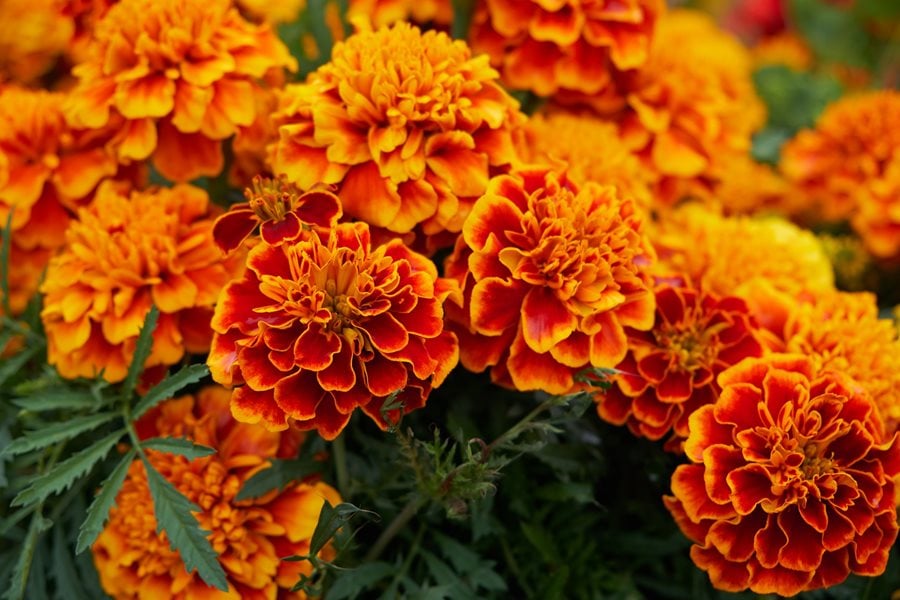
- Nasturtiums: Nasturtiums help to deter nematodes, which are microscopic worms that can damage grape roots.

- Cucumbers: Cucumbers help to attract beneficial insects, such as ladybugs and lacewings, which prey on grape pests.
- Beans: Beans fix nitrogen in the soil, which can help to improve the growth and productivity of grapes.
-(2).jpg)
- Sunflowers: Sunflowers help to attract pollinators, such as bees and butterflies, which are essential for grape pollination.
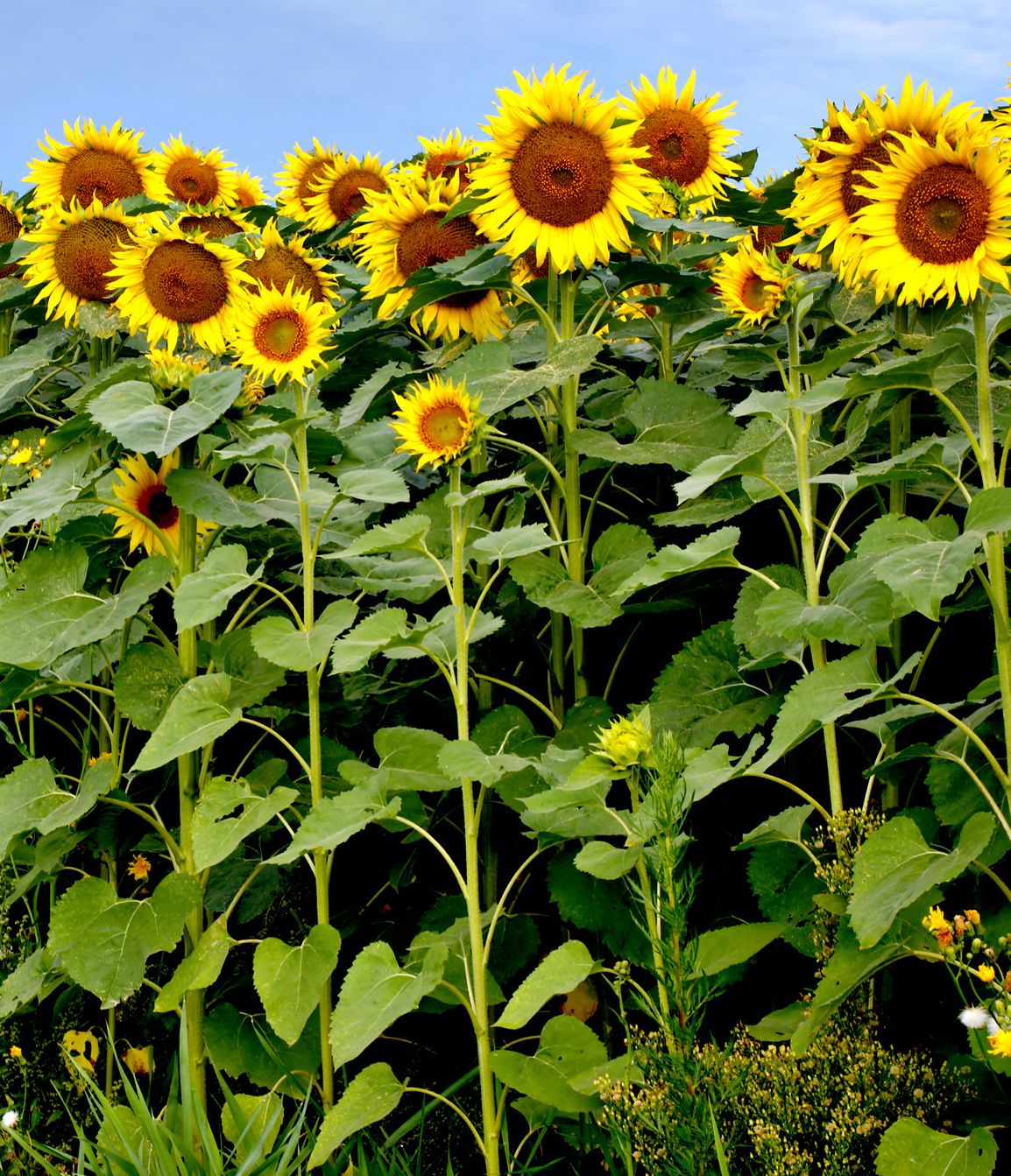
2. What plants should I avoid planting near my grapes?
Some plants that you should avoid planting near your grapes include:
- Cabbage: Cabbage can attract the same pests as grapes, such as aphids and spider mites.
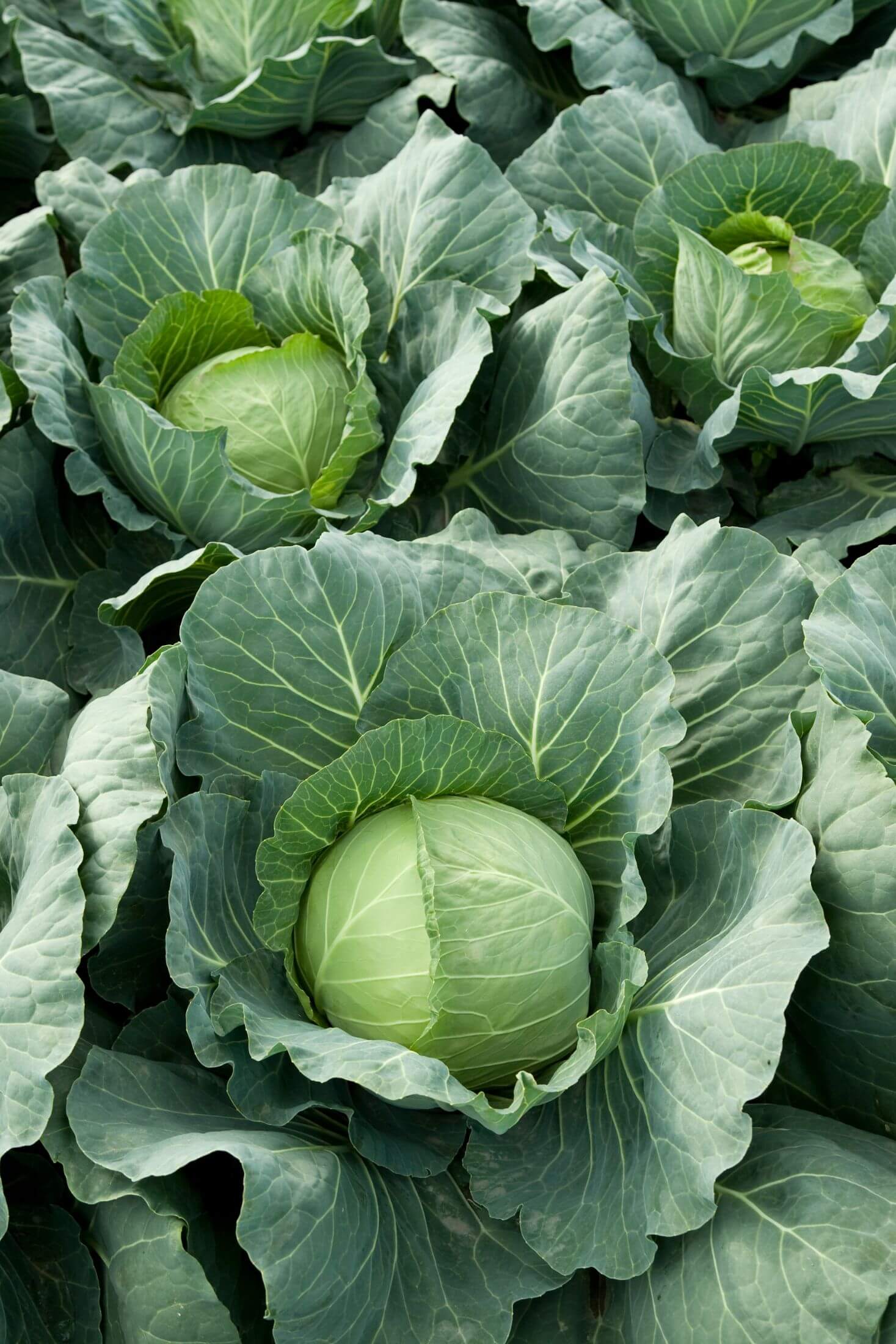
- Radish: Radish can also attract pests, and its roots can compete with the roots of grapes for water and nutrients.
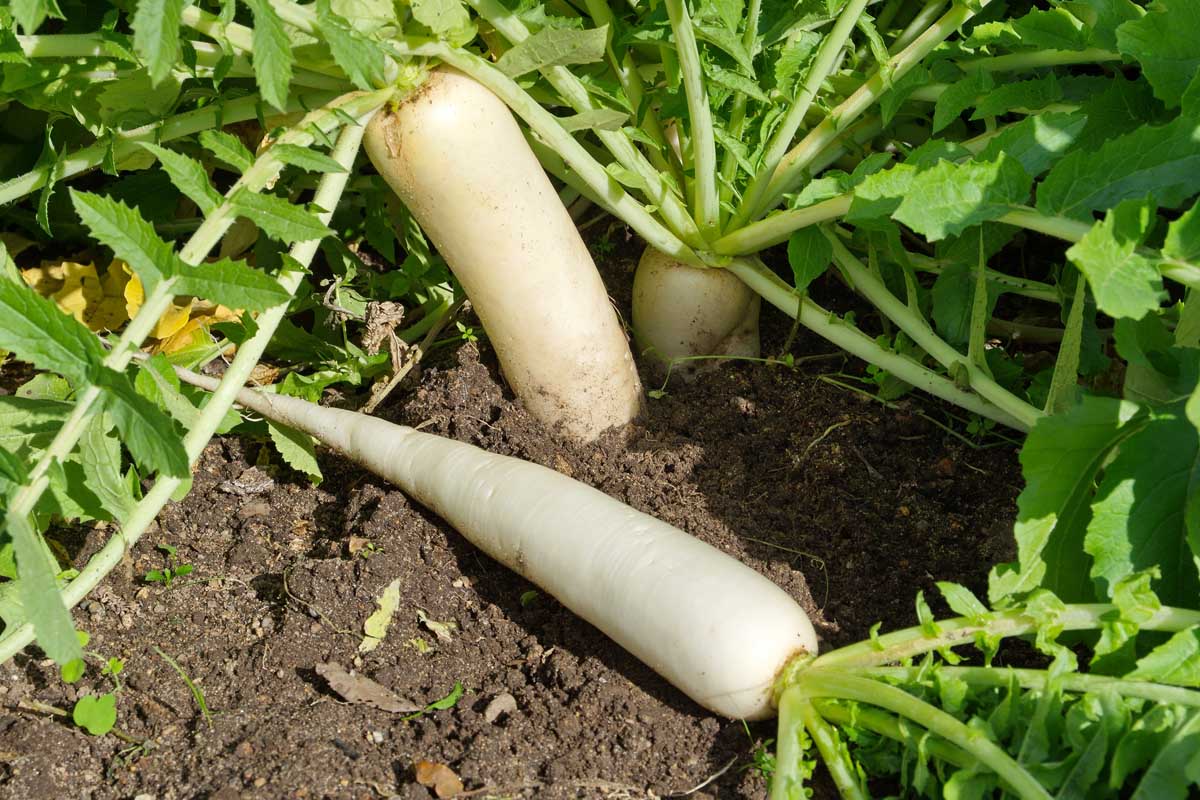
- Peas: Peas can harbor a fungus that can cause leaf spot disease in grapes.
- Potatoes: Potatoes can harbor a fungus that can cause late blight disease in grapes.

- Tomatoes: Tomatoes can harbor a virus that can cause yellow leaf curl disease in grapes.
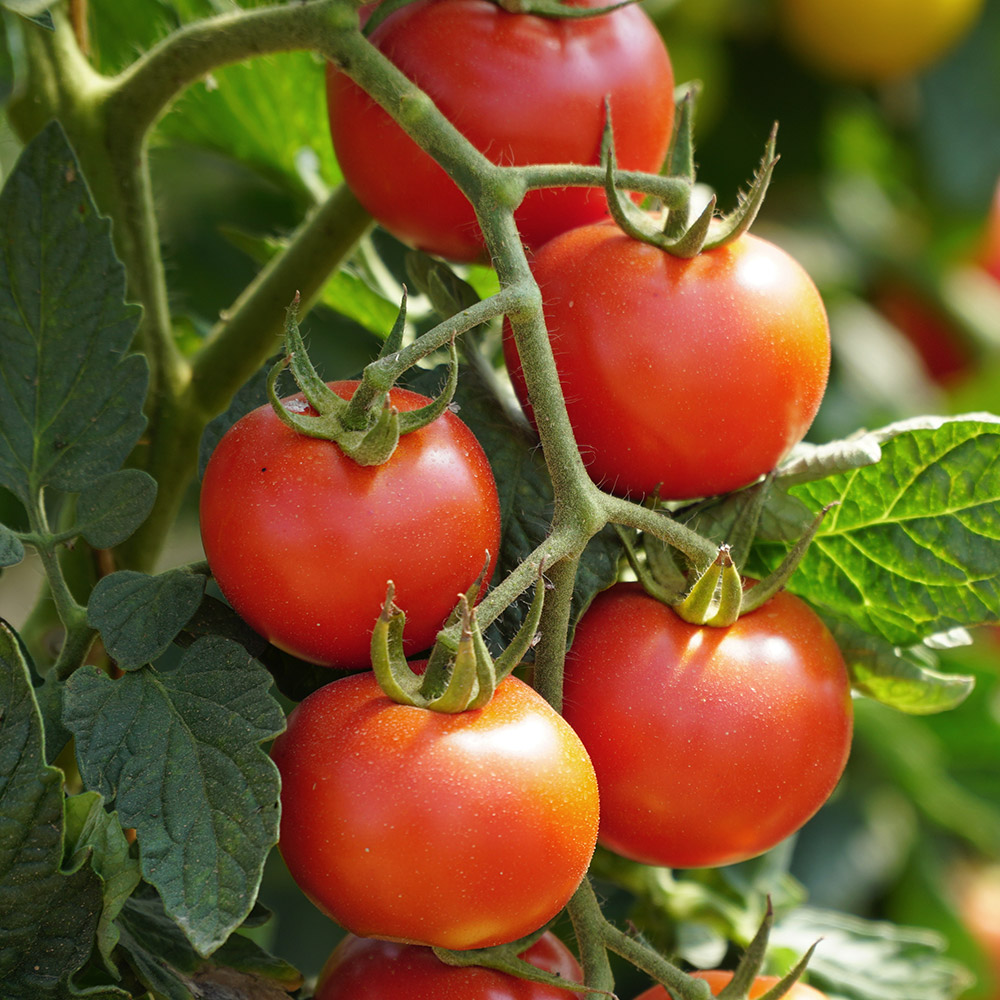
3. How far apart should I plant grapes?
The recommended spacing for grape plants depends on the variety of grape and the climate. In general, you should plant grape vines at least 6 feet apart. If you are planting multiple rows of grapes, you should space the rows at least 10 feet apart.
4. How much water do grapes need?
Grapes need regular watering, especially during the hot summer months. The amount of water that grapes need will vary depending on the climate and the type of soil. In general, you should water grapes deeply once a week.
5. How do I fertilize my grape plants?
Grapes need to be fertilized regularly to produce a good crop of grapes. The best time to fertilize grape plants is in the spring, before the vines start to grow. You can use a balanced fertilizer, such as 10-10-10, or a fertilizer specifically formulated for grapes.
Image of grape companion plants
- Nasturtiums: Nasturtiums are a great companion plant for grapes because they help to deter pests and attract beneficial insects. They also add a splash of color to the garden.

- Marigolds: Marigolds are another good companion plant for grapes. They help to repel nematodes, which are pests that can damage grape roots.

- Chives: Chives are a good companion plant for grapes because they help to improve the soil's drainage and aeration. They also release compounds that help to repel pests.

- Clover: Clover is a nitrogen-fixing plant, which means it can help to improve the soil's nitrogen content. This is beneficial for grapes, as they need nitrogen to produce fruit.

- Lavender: Lavender is a fragrant herb that can help to deter pests and attract beneficial insects. It also adds a touch of elegance to the garden.
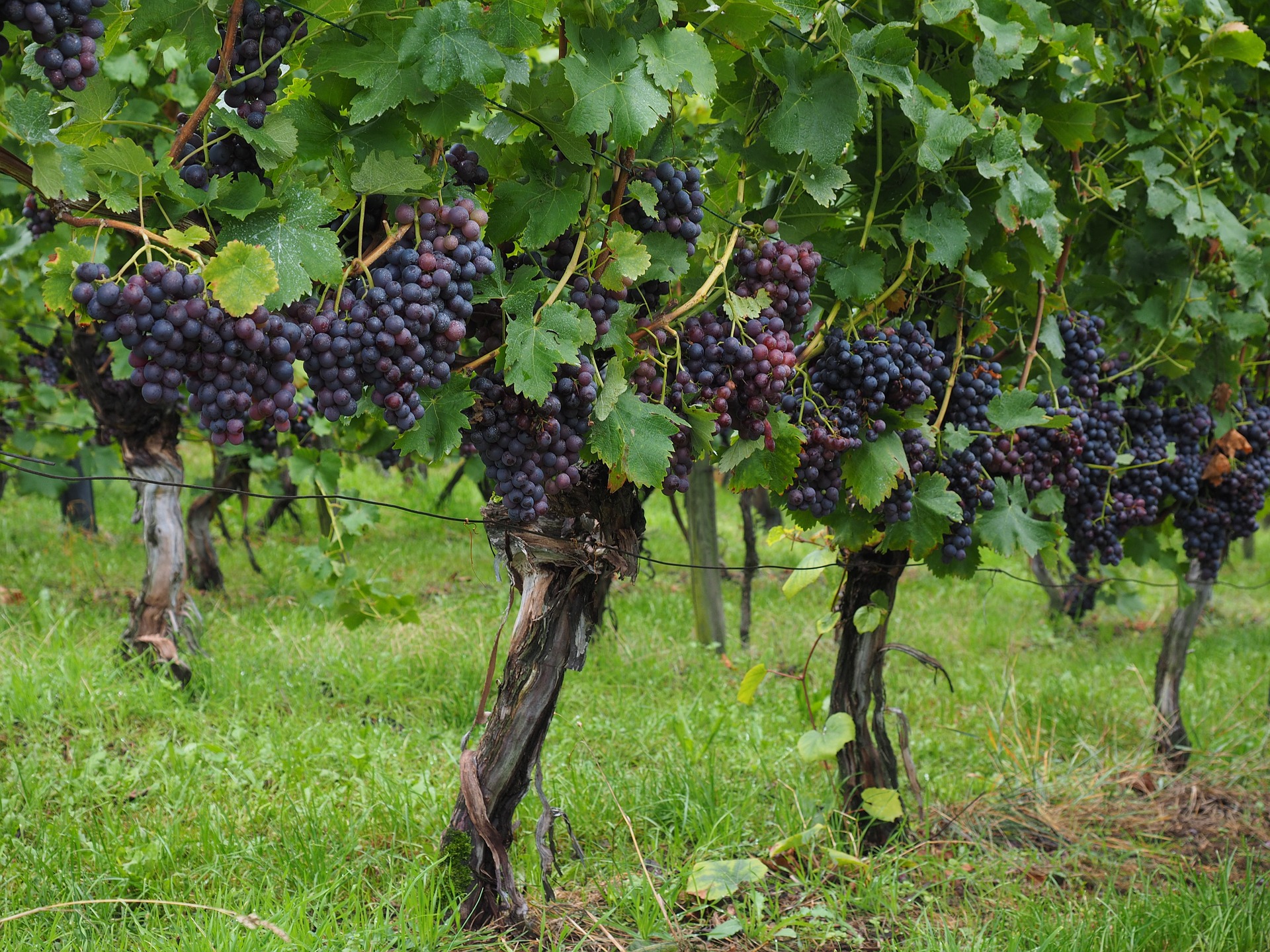
Post a Comment for " Grape Companion Plants That Will Boost Your Yield And Flavor"